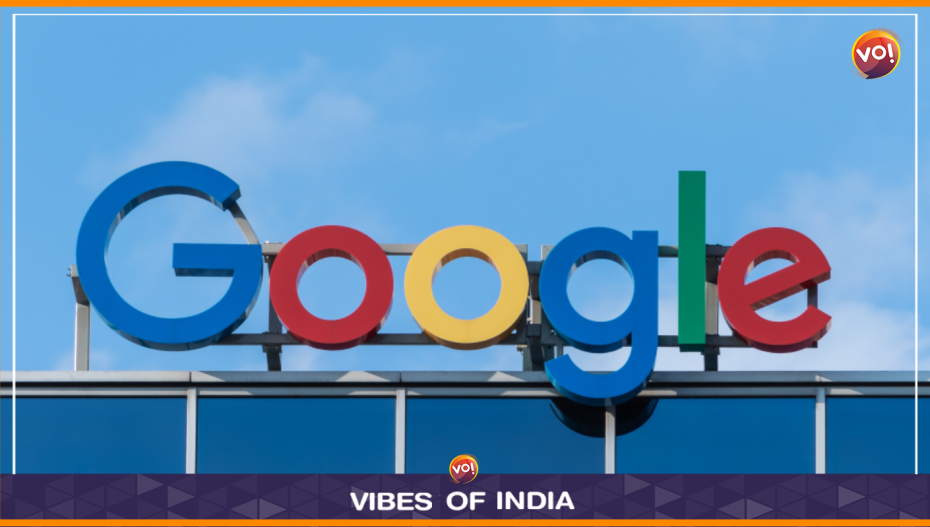American author K. Renee found herself locked out of her Google Drive account on March 24, 2024, losing access to over 222,000 words of her works in progress. Known for her romance novels, Renee primarily uses Google Docs for her writing. However, her creative process was abruptly interrupted when Google Drive denied her access without explanation, citing her content as “inappropriate.”
According to a report by Wired, despite Renee’s attempts to regain access and share her work, Google’s content moderation practices deemed her content inappropriate, effectively halting any further sharing attempts. This incident has left Renee and her fellow writers questioning the fairness of Google’s content moderation practices.
The incident has ignited a broader conversation about the challenges creators face when using online platforms. It has highlighted the impact of automated content moderation on artistic freedom and the vulnerability of writers in the digital age. Renee’s experience underscores the need for tech companies to provide clearer guidelines and better communication.
As Renee continues to seek resolution with Google, her story serves as a stark reminder of the importance of advocating for creators’ rights. It emphasizes the need for their voices to be heard in discussions about digital rights and online censorship. While Google has policies in place for content violations, including exceptions for educational, artistic and journalistic purposes, the arbitrary labelling of Renee’s work underscores the need for improved communication from tech companies.
Renee’s ongoing struggle with Google reflects the broader challenges faced by creators navigating the ever-changing landscape of online platforms and digital content moderation. Her experience sheds light on the complexities of digital content regulation and its impact on creative expression. As Renee awaits a resolution, her story underscores the importance of addressing these issues to create a more equitable online environment for creators.
Also Read: Ayushman Centres Not Meeting Cancer Screening Needs: Report












